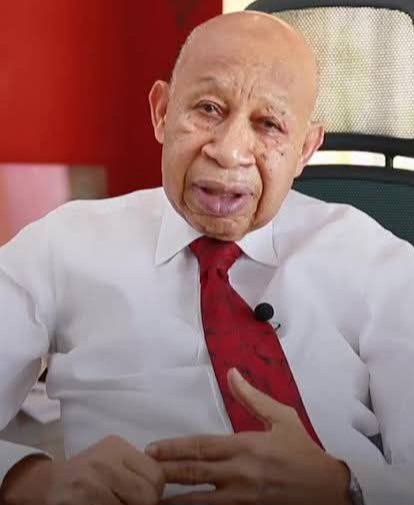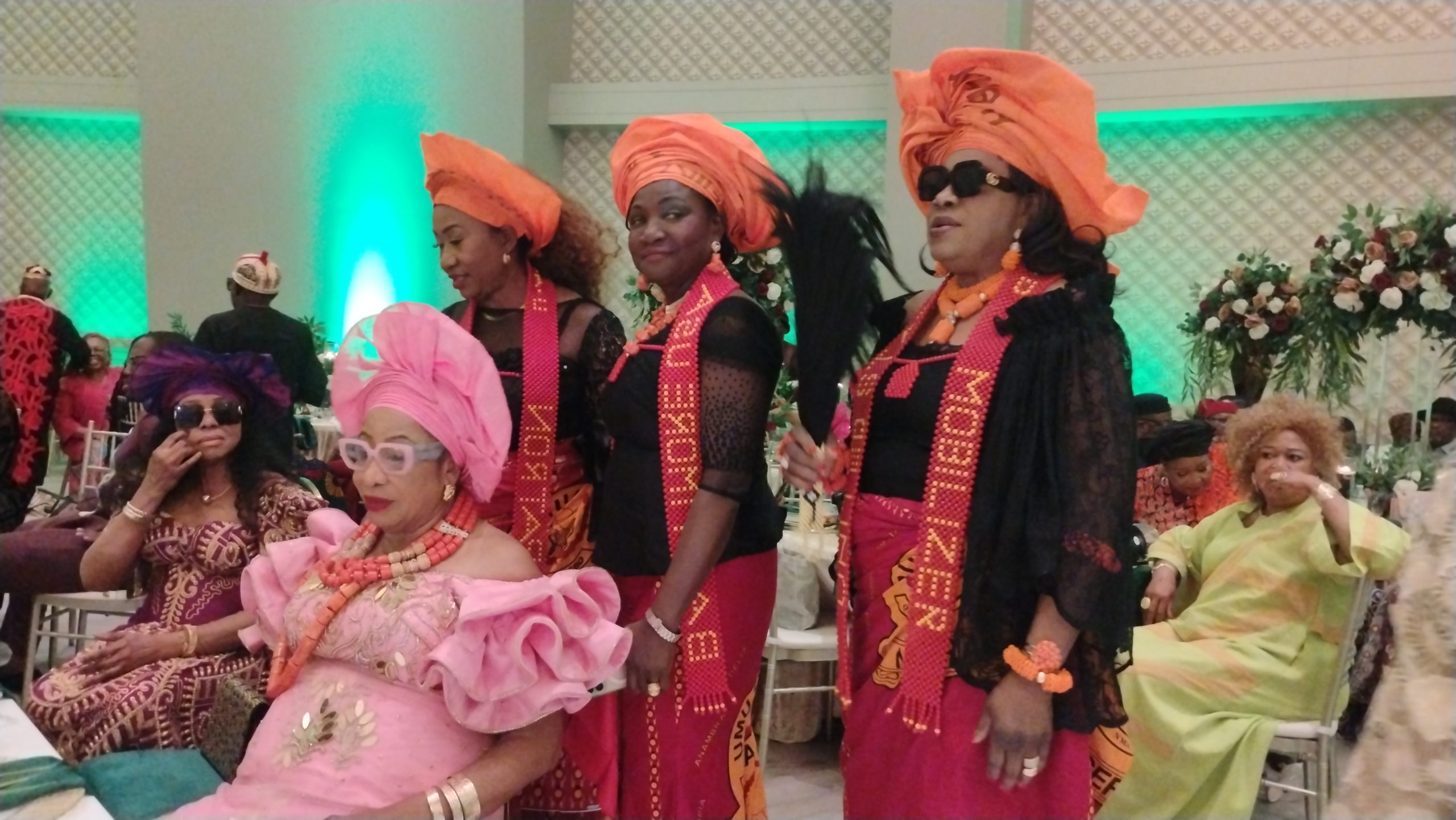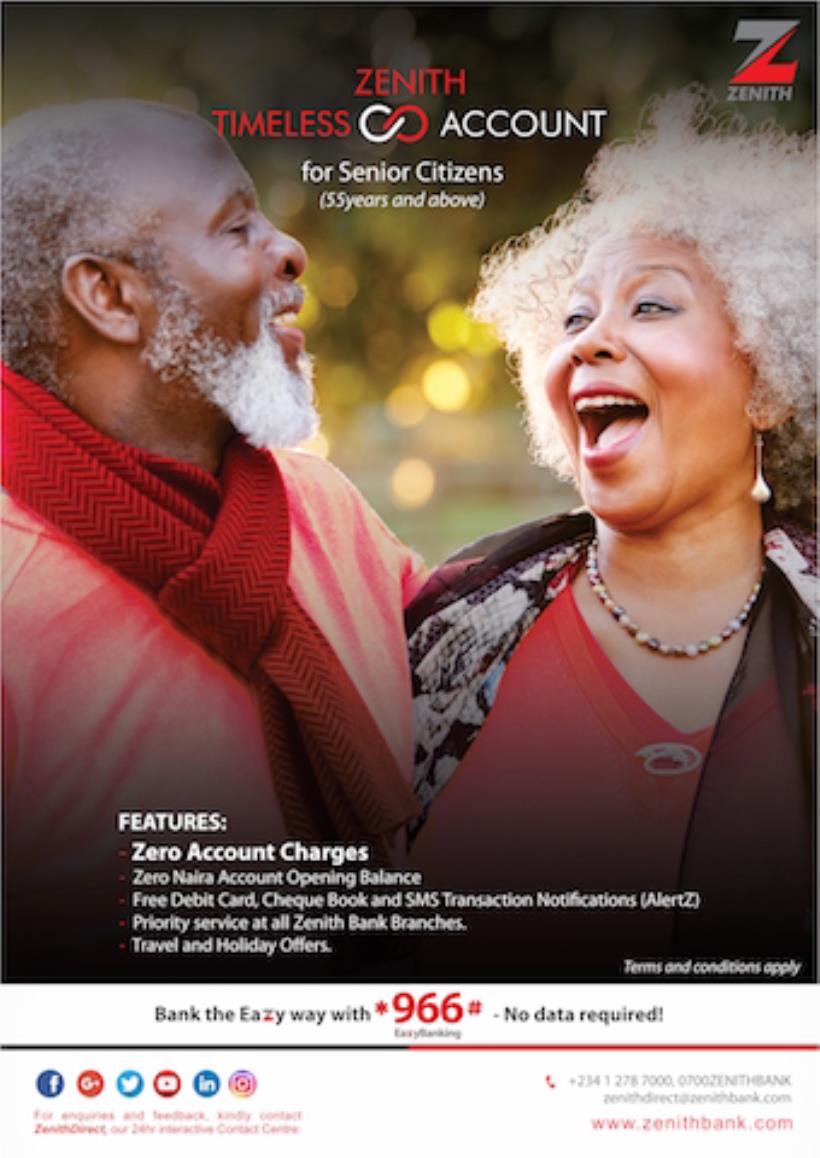Buhari To Court:Why We Oppose Section 84 (12) Of New Electoral Act

Section 84(12) of the Electoral Act 2022 cannot stand, President Muhammadu Buhari and the Attorney-General of the Federation (AGF) Abubakar Malami (SAN) told a court yesterday.
They insisted that the section contravenes constitutional provisions and ought to be voided.
President Buhari faulted a claim by the Peoples Democratic Party (PDP) that he directed the National Assembly to delete Section 84(12).
He said, being conscious of the democratic principle of separation of powers, he merely expressed reservations about the provision.
He and the AGF argued that the constitutionality or otherwise of the provision has been settled by the March 18, 2022 judgment of Justice Evelyn Ayandike of the Federal High Court, Umuahia.
They noted that the section could only be restored by a decision of the Court of Appeal.
President Buhari and Malami’s position is contained in a joint counter-affidavit they filed in the suit numbered FHC/ABJ/CS/247/2022 by the PDP.
The party seeks to restrain the National Assembly from deleting the clause as allegedly directed by the President.
The President and the AGF argued that the section “prejudices and impedes the constitutional rights of most Nigerians to participate in the electoral processes or primaries of their political parties and freely choose their preferred leaders/ candidates who are aspirants/political appointees in public service and deny the aspirants/political appointees in public service the right to vote or be voted for in the electoral process of the parties.”
In a notice of preliminary objection filed along with the joint counter affidavit by their legal team, including Oladipo Okpeseyi (SAN) and Prof Yemi Akinseye-George (SAN), President Buhari and Malami faulted the competence of the suit and urged the court to decline jurisdiction to hear it.
Listed with President Buhari and the AGF as defendants are the Senate President, House of Representatives Speaker, the Clerk to the National Assembly, the Senate Leader, the House Leader and the Independent National Electoral Commission (INEC).
Others are the Deputy Senate President, the Deputy Speaker, the Deputy Senate Leader, the Deputy House Leader and the Allied Peoples’ Movement (APM).
President Buhari and Malami said: “The first defendant (Buhari) assented to the Electoral Bill 2022 on February 25, 2022, but did not give condition or directives to the National Assembly in the manner erroneously deposed to by the plaintiff or in any other manner that is inconsistent with the autonomy and independence of the National Assembly.
“At no time did the first defendant give any directive to the management or leadership of the third to seventh defendants and the ninth to 12th defendants as regards removal of Section 84(12) of the Electoral Act, 2022 from the Act.
“Prior to assenting to the Electoral Bill 2022, the first defendant merely expressed his observation and concerns about the constraints of Section 84(12) of the Electoral Bill, 2022 on serving public office holders/political appointees but gave his assent, to avoid further delay, as time was of the essence.”
The President recalled that on March 8, he officially wrote to the National Assembly leadership to express his concerns about the section and formally requested for its amendment “to eliminate areas of infractions with the Constitution”.
President Buhari and Malami said they “truly and firmly believe that Section 84(12) of the Electoral Act 2022 disenfranchises and discriminates against Nigerians in public service or public office holders, who are political appointees and prevents them from engaging in the electoral processes in exercise of their inalienable rights in a participatory democracy”.
Besides, they said it was in conflicts with what is “already elaborately provided for by the extant Constitution”.
They added that they had never taken it upon themselves to declare Section 84(12) or any provision of the Electoral Act, 2022 unconstitutional, as such a declaration was beyond their constitutional powers.
“The first and second defendants do not meddle or interfere with the functions of the Judiciary as the interpreter and guardian of the Constitution.
“Section 84(12) of the Electoral Act, 2022 is inconsistent with Sections 1(3), 42, 65, 66 particularly sections 66 (1) (f), 106 and 107 of the Constitution.
“The invalidation by this court of Section 84(12) of the Electoral Act, 2022 will not adversely affect the aims and objectives of the plaintiff or of any other political party of promoting internal democracy of political parties in Nigeria.
“The settled provision of Nigerian law with respect to office holders and political appointees is that such person employed in the public service shall resign from such employment 30 days before the date of election,” the first and second defendants added.
Justice Inyang Ekwo adjourned till May 16 for definite hearing.
APC Drops Guideline On Resignation
Also yesterday, the All Progressives Congress (APC) amended a section in its guidelines for primaries on resignation of political office holders.
The party’s National Working Committee (NWC) decided to leave the fate of political office holders, including ministers, commissioners and other appointees, to the court.
The amendment was also said to be in line with President Buhari’s opposition to Section 84(12).
Investigation revealed that Section 3(i) of the APC’s final guidelines for the conduct of primaries had caused uproar in the party.
The section says: “No political appointee at any level shall be a voting delegate or be voted for the purpose of the nomination of candidates.
“Any political office holder interested in contesting for an elective office shall leave office 30 days prior to the date of election or party primary for the office sought.”
Some ministers, who are interested in presidential and governorship offices, have not been comfortable with the disputed section.
A top source said: “There has been a row in the party over the section because members felt that it will disenfranchise some aspirants.
“Some of our leaders claimed that 1999 Constitution only mandates a candidate (not aspirant) to resign one month before contesting for any elective office.
“Based on cogent reasons and the need for fairness, the NWC has dropped the guideline on resignation because it is at variance with 84 (12) of the Electoral Act which is silent on timeline for resignation. The Act is not specific on the time politically appointed persons are expected to resign before primary elections.
“As NWC, we cannot issue guidelines outside the law of the land. Doing so will amount to laying the foundation for a fresh crisis in APC.
“A new one will be released. With this development, all the aspirants will not be allowed to resign before participating in primaries at any level.”
Responding to a question, another source added: “I think the NWC has decided to align the guidelines with the position of President Muhammadu Buhari on Section 84(12) of the Electoral Act.
“Buhari made his reservations known to the National Assembly before and after assenting to the Act but the lawmakers were adamant and refused to keep to the gentleman’s agreement.
“As it is now, only the court can decide the fate of ministers, commissioners and other political parties who have refused to resign before the primaries.
“The party will leave the court to take a final decision.”
Findings, however, revealed that some party members were uncomfortable that the NWC was changing the guidelines at the last minutes.
“I think the new leadership does not want to offend some influential leaders of the party.
“This is a litmus test for them since the powers of the National Executive Committee (NEC) have been transferred to NWC.”
The National Publicity Secretary of APC, Mr. Felix Morka, was yet to respond to our correspondent’s text message as at the time of filing this report.







